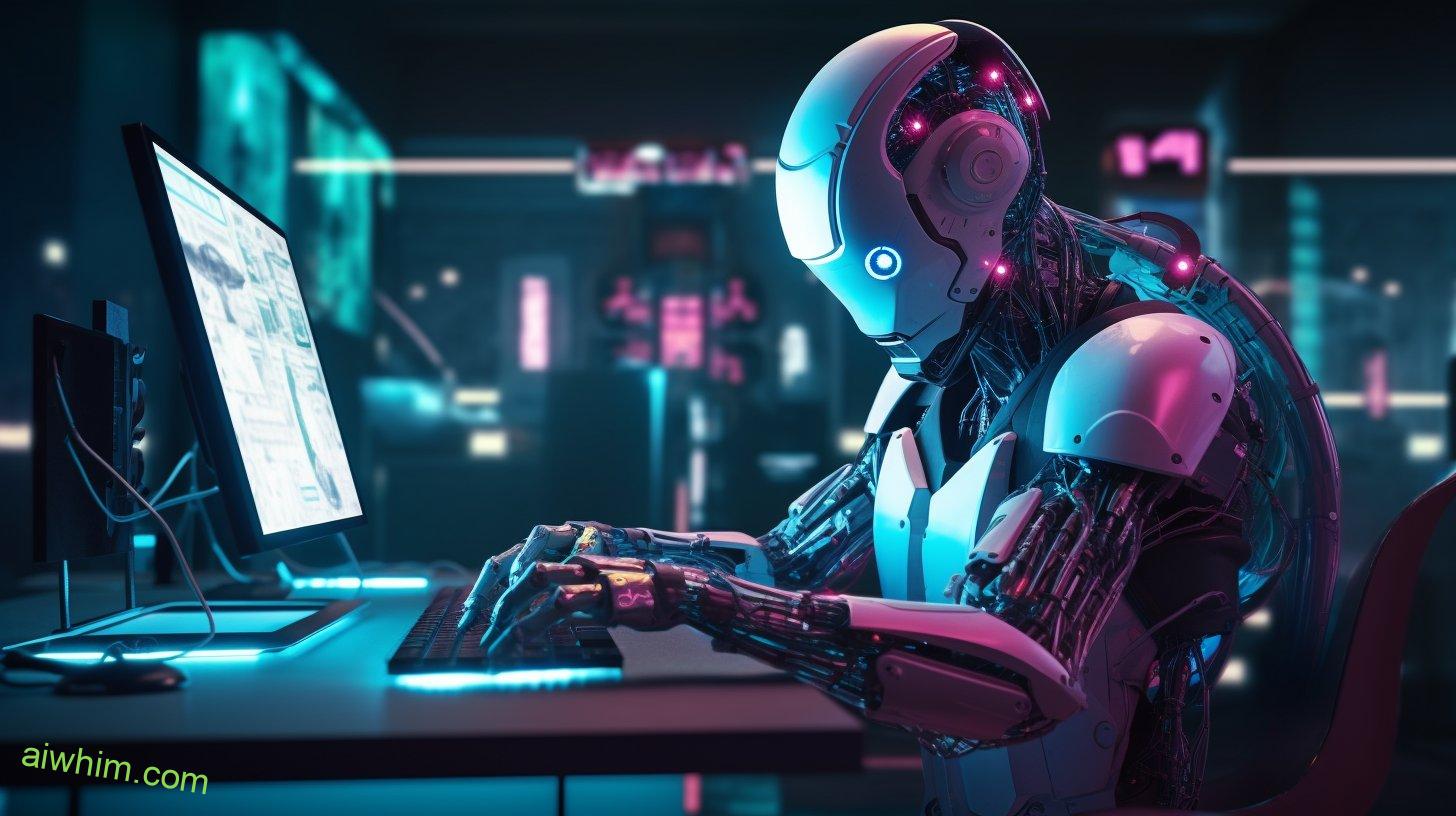Are you ready to face the rising tide of AI in the field of bioinformatics? As advancements in AI technology continue to reshape the scientific landscape, bioinformatics scientists find themselves in a new era of competition.
In this article, we explore the challenges and opportunities that arise when AI meets bioinformatics. Discover how this powerful combination is transforming research, and learn how bioinformatics scientists can navigate this AI-dominated world to continue pushing the boundaries of scientific discovery.
Key Takeaways
- AI advancements in machine learning algorithms have revolutionized bioinformatics, leading to increased competition for bioinformatics scientists.
- AI automates data analysis, leading to breakthroughs in understanding diseases and developing new drugs, which challenges bioinformatics scientists to stay updated with the latest AI advancements.
- AI enables personalized medicine and targeted therapies through genomic analysis, requiring bioinformatics professionals to adapt to new tools and techniques.
- AI integration in bioinformatics research opens up collaboration opportunities with scientists from different disciplines, emphasizing the need for bioinformatics scientists to embrace AI and stay at the forefront of the field.

The Growing Role of AI in Bioinformatics
You’ll find that AI is playing an increasingly important role in bioinformatics. The advancements in machine learning algorithms have revolutionized the field, allowing scientists to analyze and interpret vast amounts of genomic data more efficiently and accurately than ever before. This has had a significant impact on personalized medicine, giving individuals more freedom and control over their healthcare decisions.
One of the key ways AI is transforming bioinformatics is through its ability to analyze and predict the impact of genetic variations on disease susceptibility and treatment response. Machine learning algorithms can quickly analyze large datasets to identify patterns and correlations that may not be readily apparent to human researchers. This enables scientists to develop personalized treatment plans based on an individual’s unique genetic makeup, leading to more effective and targeted therapies.
AI is also enhancing the field of drug discovery by accelerating the identification of potential drug targets and optimizing drug design. By analyzing vast amounts of genomic and chemical data, machine learning algorithms can identify promising drug candidates and predict their efficacy and safety. This has the potential to revolutionize the pharmaceutical industry, allowing for the development of more personalized and effective treatments.
Furthermore, AI is contributing to the development of precision oncology, which aims to tailor cancer treatments to individual patients based on their specific genetic characteristics. By analyzing genomic data from tumor samples, machine learning algorithms can identify biomarkers that can predict treatment response and guide the selection of targeted therapies. This approach has the potential to significantly improve patient outcomes and minimize unnecessary side effects.
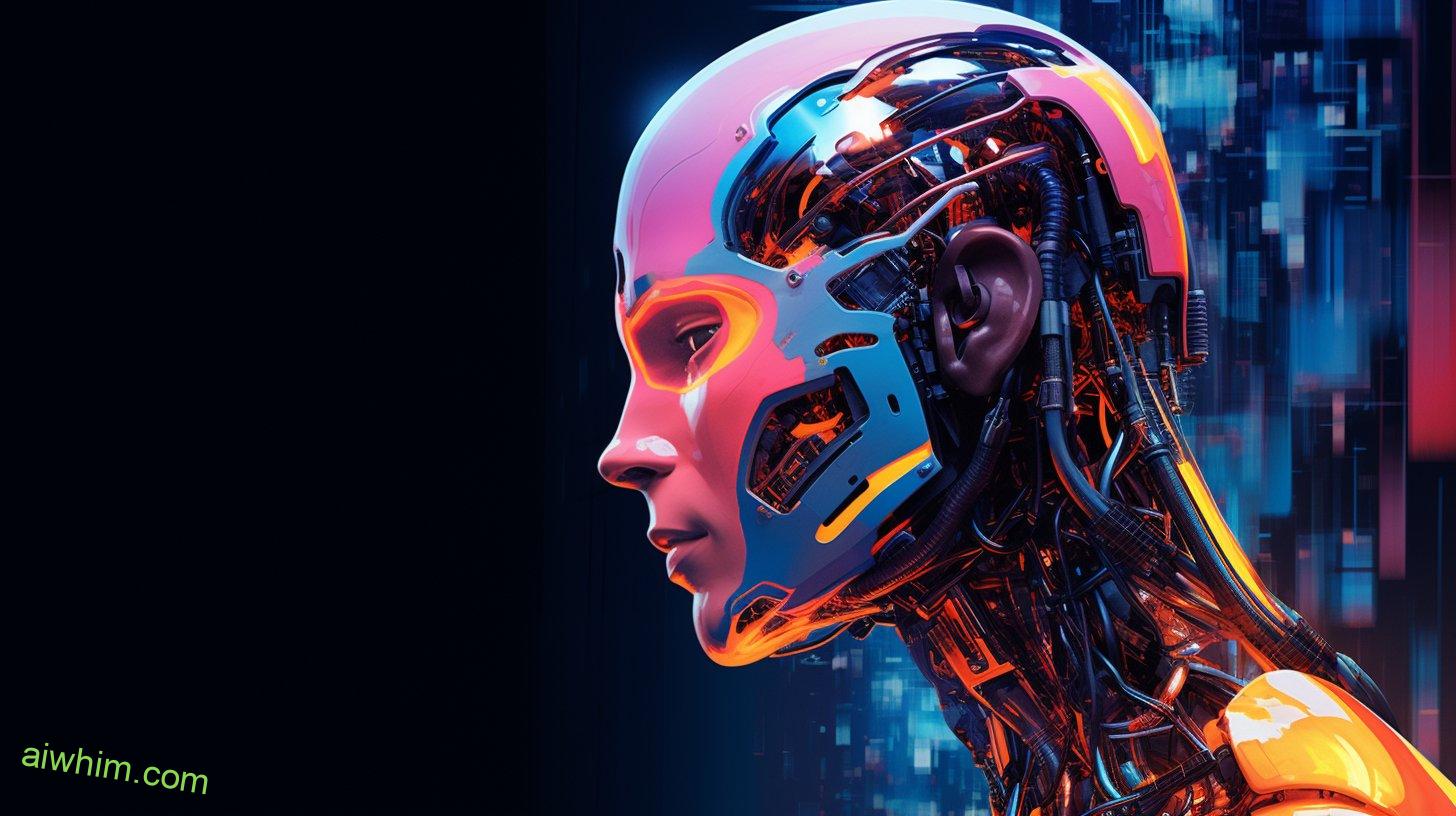
Advancements in AI Technology and Their Implications
With advancements in AI technology, it’s important to consider the implications they’ve on the field of bioinformatics. AI has the potential to revolutionize the way we approach and solve complex problems in this field.
Here are three potential applications of AI in bioinformatics that can evoke excitement and a desire for freedom:
- Automated Data Analysis: AI algorithms can sift through vast amounts of biological data, identifying patterns and relationships that human scientists may miss. This can lead to breakthroughs in understanding diseases, developing new drugs, and predicting patient outcomes. By automating data analysis, AI frees up bioinformatics scientists to focus on higher-level tasks and accelerates the pace of discovery.
- Personalized Medicine: AI can analyze genomic data to predict an individual’s risk of developing certain diseases and recommend personalized treatment plans. This empowers individuals to take control of their health and make informed decisions based on their unique genetic makeup. With AI, bioinformatics scientists can harness the power of precision medicine, tailoring treatments to individual patients for better outcomes.
- Drug Discovery and Development: AI can assist in the identification and design of new drugs by analyzing vast amounts of chemical and biological data. This speeds up the drug discovery process, potentially leading to the development of life-saving medications faster than ever before. By leveraging AI technology, bioinformatics scientists can explore a vast chemical space and uncover new therapeutic possibilities.
Advancements in AI technology bring endless possibilities to the field of bioinformatics. With AI as a powerful tool, bioinformatics scientists can push the boundaries of scientific discovery, improve patient care, and ultimately shape a future where healthcare is more personalized and effective.
Embrace the freedom that AI offers, and together, let’s unlock the full potential of bioinformatics.
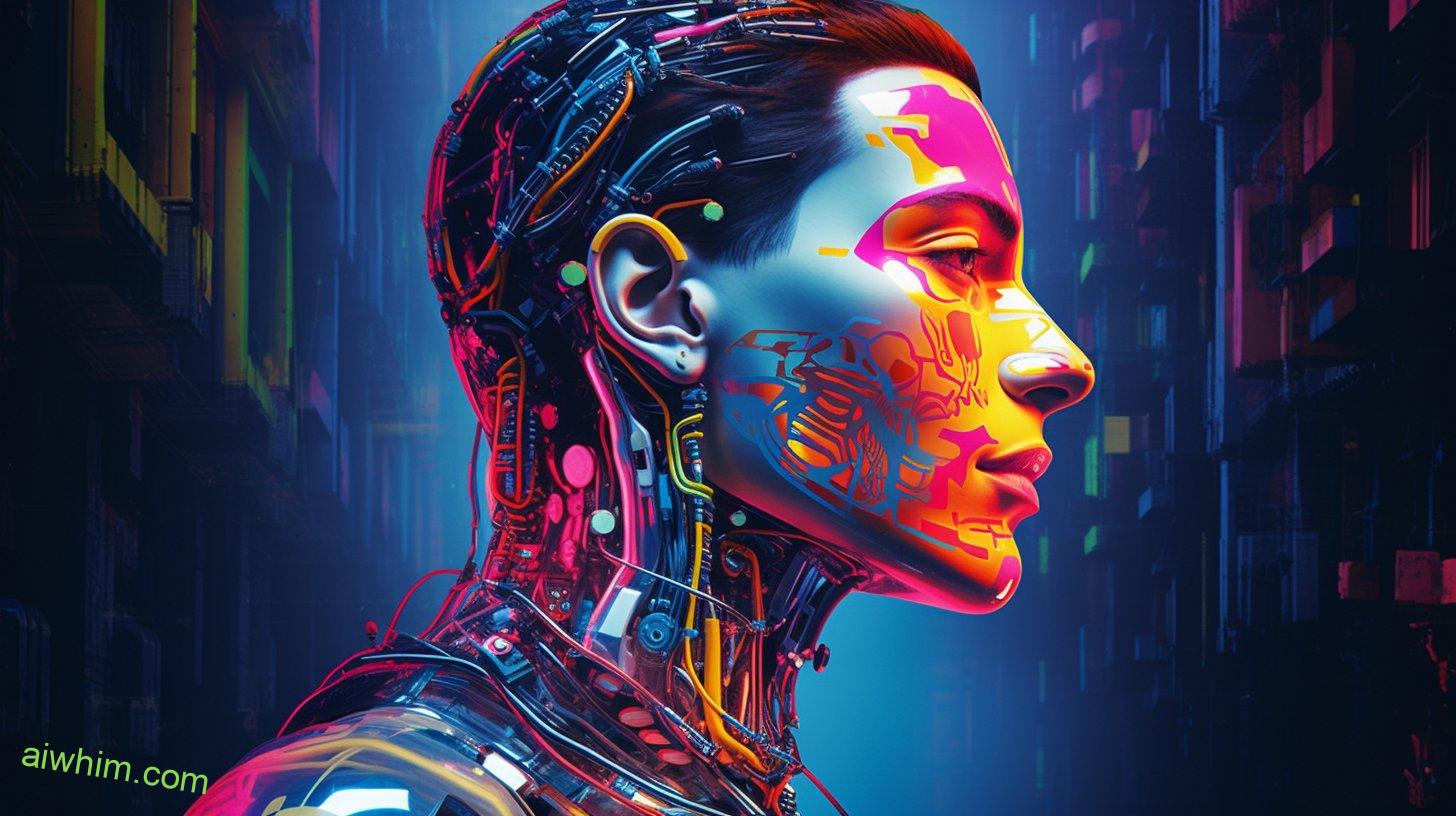
How AI Is Transforming Bioinformatics Research
As a researcher in bioinformatics, you can witness the transformation that AI is bringing to the field. AI-driven drug discovery and AI-enabled genomic analysis are revolutionizing the way we approach research and development in the life sciences.
Gone are the days of tediously analyzing vast amounts of genomic data manually. With the help of AI, you now have the power to process and analyze genomic information at an unprecedented speed and accuracy. AI algorithms can sift through massive datasets, identifying patterns, and extracting insights that would have taken years to uncover manually.
One area where AI has made a significant impact is in drug discovery. This process traditionally involves testing thousands of compounds to find potential candidates for new drugs. AI algorithms can now predict the efficacy and safety of potential drug candidates, saving time and resources. By analyzing vast amounts of data, AI can identify potential drug targets and help researchers prioritize which compounds to focus on.
Furthermore, AI-enabled genomic analysis allows for personalized medicine. By integrating patient genomic data with AI algorithms, researchers can identify genetic markers that are associated with specific diseases or conditions. This information can then be used to develop targeted therapies and treatments tailored to individual patients.
The integration of AI into bioinformatics research has opened up new possibilities and avenues for exploration. It has accelerated the pace of discovery and allowed researchers to make breakthroughs that were previously unimaginable.
As a bioinformatics scientist, embracing AI is essential to stay at the forefront of your field and contribute to the advancements that will shape the future of healthcare.

Bioinformatics Scientists in the Age of AI
In the age of AI, staying up-to-date with the latest advancements is crucial for bioinformatics professionals like you. As the field of bioinformatics continues to evolve, it’s important to be aware of the potential challenges and future opportunities that arise with the integration of AI technologies.
Here are three key points to consider:
- Increased Efficiency: With the help of AI, bioinformatics scientists can now analyze vast amounts of genomic and proteomic data in a fraction of the time it would take using traditional methods. This allows for more efficient research and faster discoveries, ultimately leading to breakthroughs in the field. The ability to process and interpret complex biological data with speed and accuracy provides immense freedom to explore new avenues of research.
- Data Complexity: While AI offers numerous benefits, it also poses challenges in dealing with the complexity of biological data. As the amount of data continues to grow exponentially, bioinformatics professionals must adapt to new tools and techniques to effectively manage and analyze this data. This requires a continuous learning mindset and the ability to embrace new technologies to stay ahead in the field.
- Collaboration Opportunities: The integration of AI in bioinformatics opens up new opportunities for collaboration between scientists from different disciplines. By harnessing the power of AI algorithms, bioinformatics professionals can collaborate with computer scientists, statisticians, and mathematicians to develop innovative solutions to complex biological problems. This interdisciplinary approach fosters a sense of freedom and creativity, allowing for groundbreaking research that wouldn’t have been possible otherwise.
As a bioinformatics professional, embracing AI technologies and keeping up with the latest advancements won’t only help you overcome potential challenges but also unlock exciting future opportunities in the field. So seize the freedom to explore, collaborate, and make a lasting impact on the world of bioinformatics.
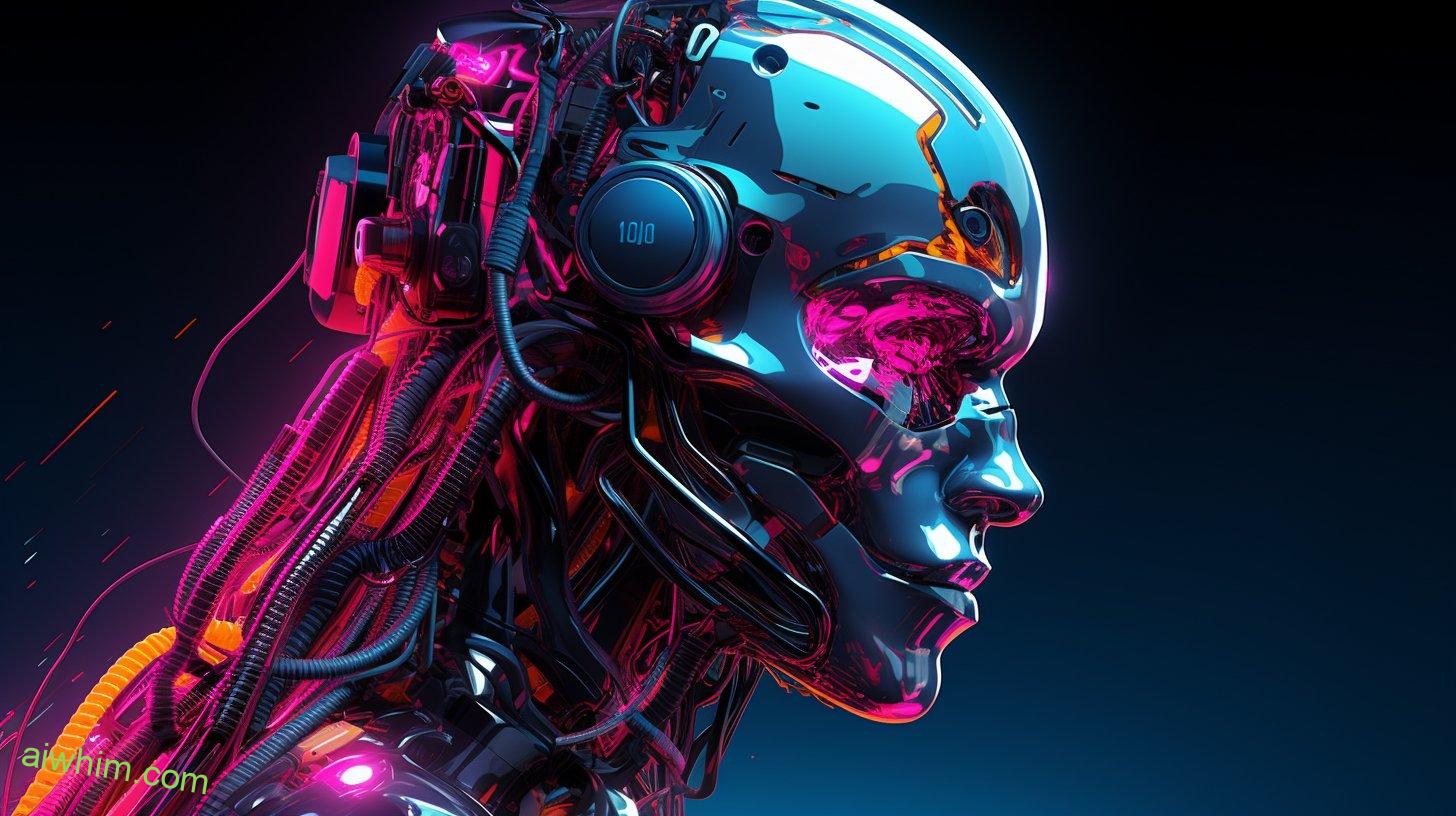
Challenges Faced by Bioinformatics Scientists in the AI Era
You may encounter challenges when dealing with the complexity of biological data in the era of AI. The integration of AI tools in bioinformatics has brought about tremendous advancements, but it has also given rise to new obstacles that need to be overcome.
One of the main challenges in data analysis is the sheer volume of information available. With the advent of high-throughput sequencing technologies, the amount of biological data being generated is growing exponentially. This poses a challenge for bioinformatics scientists, as they need to develop efficient methods to analyze and interpret this vast amount of data.
Furthermore, the integration of AI tools into the bioinformatics workflow requires a deep understanding of both biology and AI algorithms. Bioinformatics scientists need to possess interdisciplinary skills to effectively utilize these tools. They need to be proficient in programming, statistical analysis, and machine learning techniques.
Another challenge is the interpretation of the results obtained from AI-driven analyses. While AI algorithms can provide valuable insights, it’s crucial to validate and interpret these findings in the context of biological knowledge. Bioinformatics scientists need to critically evaluate the results and ensure that they’re biologically meaningful.
In addition, the rapid pace of technological advancements in AI poses a challenge in keeping up with the latest developments. Bioinformatics scientists need to constantly update their skills and knowledge to stay at the forefront of this rapidly evolving field.
Overall, while the integration of AI tools in bioinformatics brings about exciting possibilities, it also presents challenges. However, with dedication, continuous learning, and a multidisciplinary approach, bioinformatics scientists can overcome these challenges and harness the power of AI to further our understanding of biological systems.
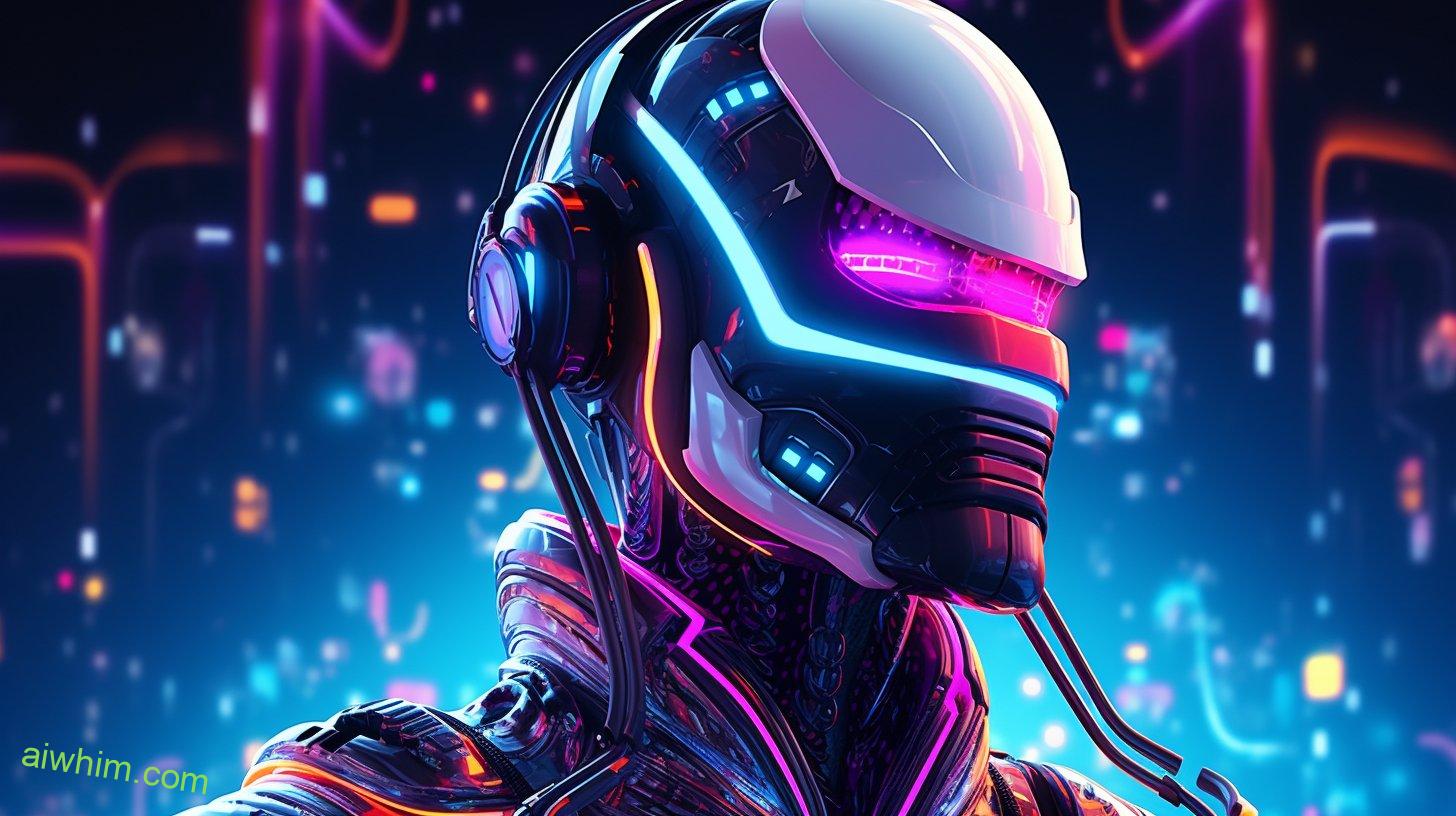
Potential Applications of AI in Bioinformatics
Now let’s explore the exciting potential applications of AI in the field of bioinformatics. With AI’s ability to analyze vast amounts of data and make predictions, it holds immense promise in revolutionizing various aspects of bioinformatics, including drug discovery and genomic data analysis.
Here are some remarkable ways AI can empower bioinformatics scientists like you:
- Accelerating drug discovery: AI algorithms can sift through massive databases of chemical compounds, identifying potential drug candidates with higher speed and accuracy than traditional methods. This not only saves time but also enables scientists to explore a more extensive range of possibilities, ultimately leading to the discovery of new and more effective medications.
- Enhancing genomic data analysis: Genomic data is incredibly complex, but AI algorithms excel at deciphering patterns and identifying meaningful insights. By leveraging AI, bioinformatics scientists can uncover hidden relationships between genes, predict disease risk, and even personalize treatment plans based on an individual’s genetic makeup. This empowers patients with more informed decisions and personalized care.
- Enabling precision medicine: AI can aid in the development of precision medicine, which aims to tailor treatments to an individual’s unique characteristics. By integrating AI into bioinformatics workflows, scientists can analyze patient data, including genomic information, medical history, and lifestyle factors, to predict treatment outcomes and optimize therapeutic interventions. This personalized approach ensures that patients receive the most effective and tailored treatments, improving their overall well-being.
With AI’s remarkable capabilities, the potential applications in bioinformatics are vast and awe-inspiring. Embrace this freedom of exploration and discovery, as AI becomes a powerful tool in your hands, propelling the field of bioinformatics forward and unlocking new frontiers in healthcare.

Bridging the Gap Between AI and Bioinformatics
As a bioinformatics researcher, you can harness the power of AI to bridge the gap between data analysis and medical discoveries. The integration of AI in healthcare has revolutionized the field of bioinformatics, offering exciting opportunities for advancing research and improving patient outcomes. With AI-driven algorithms and machine learning techniques, you can now analyze vast amounts of genomic data more efficiently and accurately than ever before.
AI integration in healthcare has particularly transformed the process of drug discovery. By leveraging AI algorithms, scientists can rapidly identify potential drug targets, predict the efficacy of new drugs, and optimize drug design. This not only speeds up the drug discovery process but also reduces costs and improves the success rate of clinical trials. In addition, AI can help identify novel drug combinations or repurpose existing drugs for new indications, leading to more effective treatments for various diseases.
Furthermore, AI can assist in analyzing complex biological networks and identifying biomarkers for disease diagnosis and prognosis. By processing large datasets and uncovering hidden patterns, AI algorithms can provide valuable insights into disease mechanisms and guide personalized treatment strategies.
The integration of AI in healthcare and bioinformatics opens up a world of possibilities for researchers like you. With the power of AI at your fingertips, you’ve the freedom to explore new avenues of research, accelerate discoveries, and make a meaningful impact on patient care.
Embracing AI-driven approaches in bioinformatics won’t only enhance your research capabilities but also pave the way for transformative advancements in medicine and healthcare. So, seize the opportunity and let AI be your ally in bridging the gap between data analysis and medical discoveries.
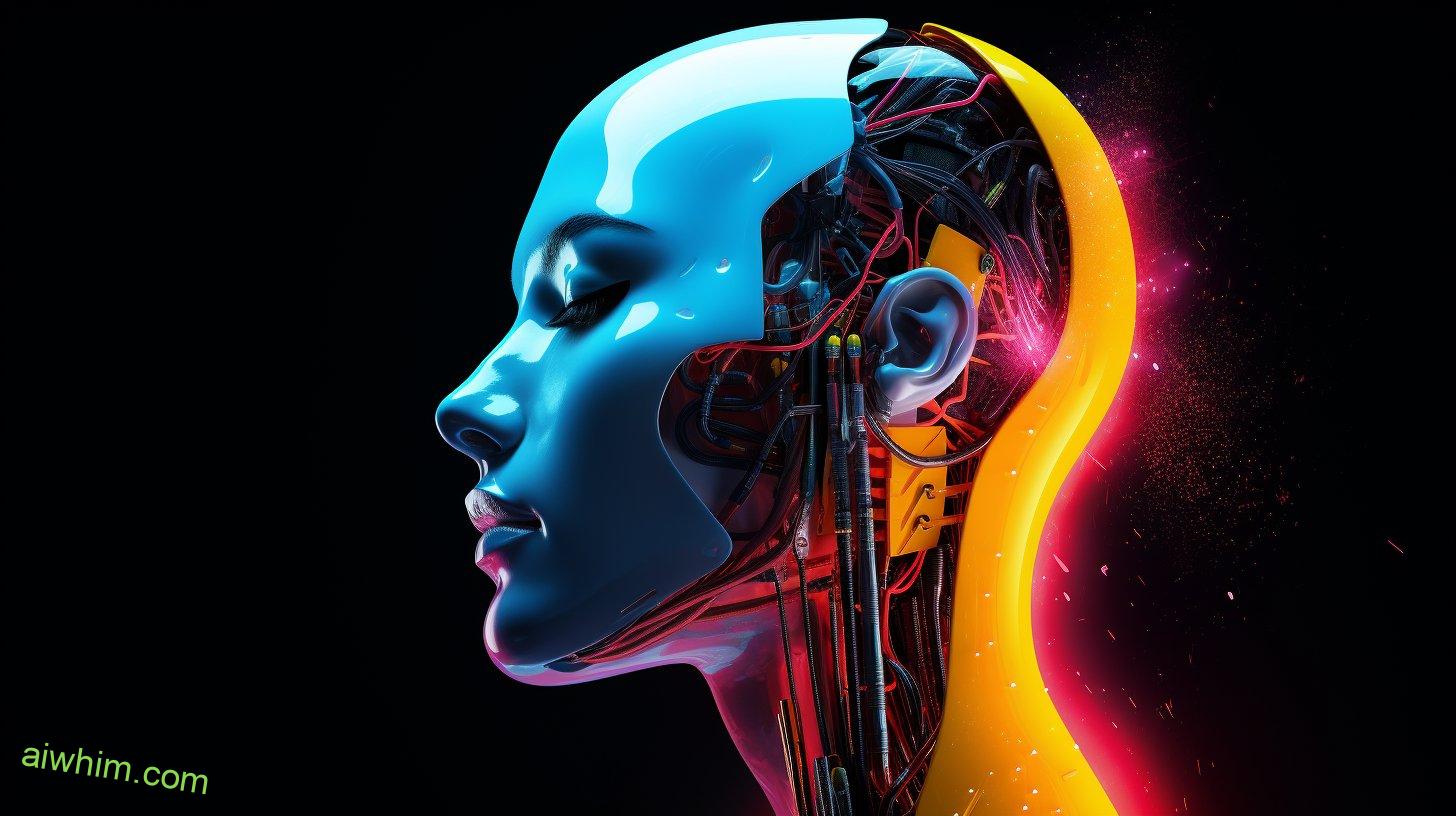
The Synergistic Relationship Between Bioinformatics and AI
By leveraging the power of AI, you can tap into the synergistic relationship between bioinformatics and AI, unlocking new possibilities for medical discoveries and advancements in healthcare. This collaboration between bioinformatics and AI allows for a more comprehensive understanding of complex biological systems and paves the way for groundbreaking research. Here are three ways in which this partnership can empower you and revolutionize the field of healthcare:
- Enhancing data analysis: Machine learning algorithms can process vast amounts of genomic and proteomic data, aiding in the identification of patterns and trends that would be difficult for humans to detect. This allows for more accurate predictions and personalized treatment plans, leading to better patient outcomes.
- Accelerating drug discovery: AI can help identify potential drug targets by analyzing large datasets and predicting the effectiveness of specific compounds. This can significantly reduce the time and cost associated with traditional drug discovery methods, enabling the development of new therapies that can tackle previously untreatable diseases.
- Improving disease diagnosis and prognosis: By combining bioinformatics and AI, researchers can develop predictive models that can aid in the early detection of diseases and provide more accurate prognoses. This empowers healthcare professionals to intervene earlier, potentially saving lives and improving quality of life for patients.
The synergistic collaborations between bioinformatics and AI hold the power to revolutionize the field of healthcare and bring about new possibilities for medical discoveries. By harnessing the potential of machine learning algorithms and leveraging the vast amount of biological data available, you can actively contribute to advancing the understanding and treatment of diseases. This partnership not only enhances the efficiency of data analysis but also accelerates drug discovery and improves disease diagnosis and prognosis.
Embrace the freedom to explore this exciting intersection between bioinformatics and AI, and embark on a journey towards transforming healthcare as we know it.
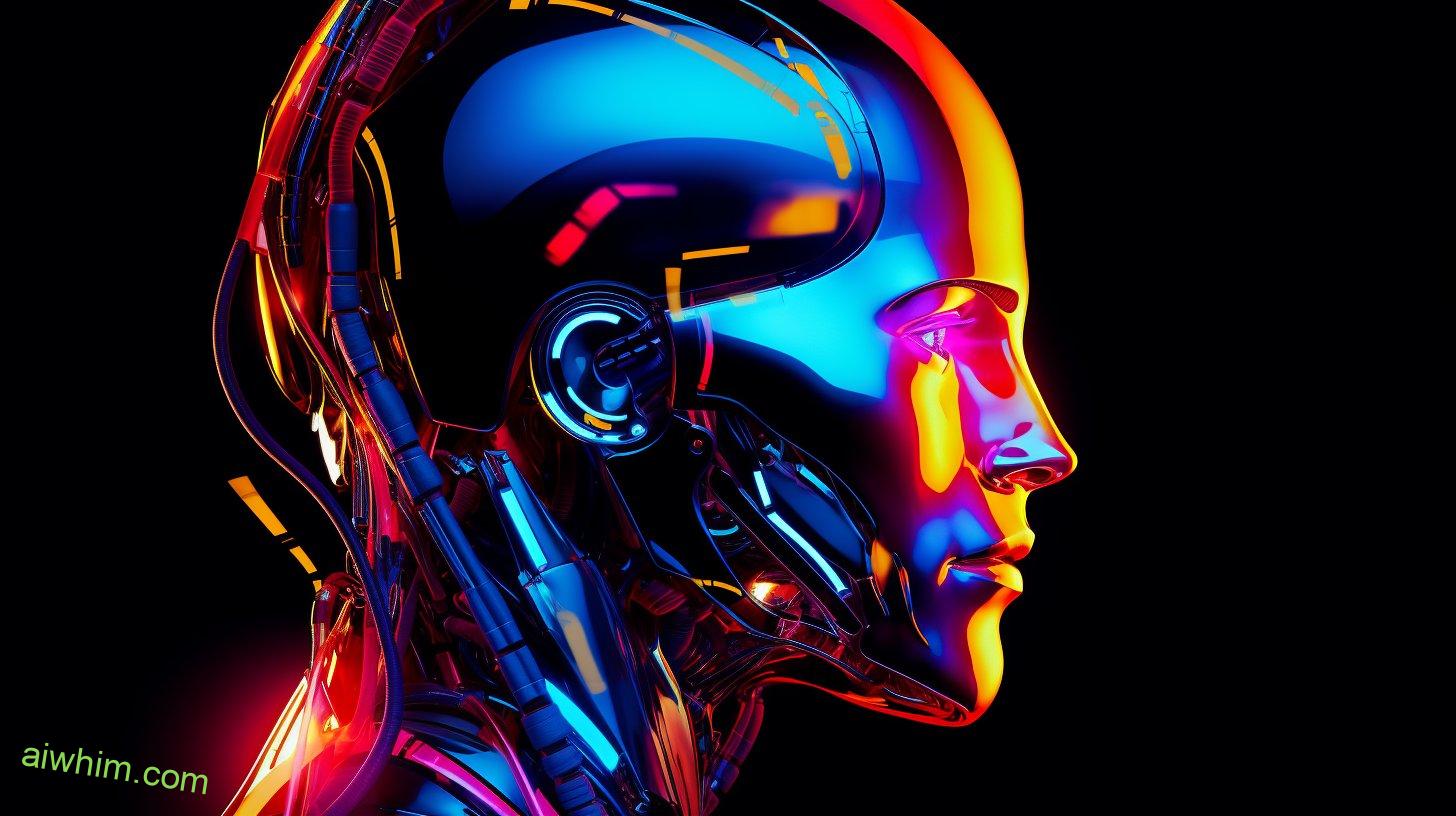
Ethical Considerations in AI-driven Bioinformatics
When considering the ethical implications of AI-driven bioinformatics, you must navigate the potential risks and consequences associated with the use of advanced technologies in healthcare. The impact of AI in bioinformatics has been transformative, enabling scientists to process vast amounts of genomic data and uncover patterns and insights that were previously unimaginable. However, as with any powerful technology, there are ethical considerations that must be addressed.
One of the key ethical implications of AI-driven bioinformatics relates to privacy and data security. With the use of AI algorithms to analyze genomic data, there’s a need to ensure that individuals’ genetic information is protected and that data breaches are prevented. This is particularly important in the context of personalized medicine, where genetic data can provide valuable insights into an individual’s health risks and potential treatment options.
Another ethical concern is the potential for bias in AI algorithms used in bioinformatics. Machine learning algorithms are trained on large datasets, and if these datasets contain biases, the algorithms may perpetuate and amplify those biases. This has implications for healthcare outcomes, as biased algorithms may lead to disparities in diagnosis and treatment.
Furthermore, the use of AI in bioinformatics raises questions about accountability and transparency. As AI algorithms become more complex and sophisticated, it can be challenging to understand how decisions are made and to assign responsibility when something goes wrong. This lack of transparency can erode trust in the healthcare system and hinder the adoption of AI-driven technologies.

Opportunities for Collaboration Between Bioinformatics and AI Experts
Now that we’ve explored the ethical considerations in AI-driven bioinformatics, let’s dive into the exciting opportunities for collaboration between bioinformatics and AI experts. In this era of rapid technological advancements, the intersection of these two fields presents a vast realm of interdisciplinary research that holds immense potential for progress and innovation.
Here are three reasons why you should be excited about the collaboration opportunities between bioinformatics and AI experts:
- Unleashing the power of big data: Bioinformatics generates massive amounts of complex biological data, ranging from genomic sequences to clinical records. By collaborating with AI experts, we can leverage their expertise in data analytics, machine learning, and pattern recognition to unlock hidden insights and make sense of this wealth of information. This collaboration holds the promise of accelerating scientific discoveries and improving patient outcomes.
- Enhancing precision medicine: Precision medicine aims to provide tailored treatment strategies based on individual patient characteristics. By collaborating with AI experts, bioinformatics scientists can develop sophisticated algorithms and predictive models that can better identify genetic markers, analyze drug response patterns, and personalize treatment plans. This collaboration opens up new avenues for revolutionizing healthcare and empowering individuals to make informed decisions about their well-being.
- Creating intelligent diagnostic tools: AI algorithms have shown remarkable capabilities in image recognition, natural language processing, and pattern detection. By combining these AI techniques with bioinformatics tools, we can develop intelligent diagnostic tools that can detect disease patterns, predict disease progression, and aid in early diagnosis. This collaboration has the potential to revolutionize healthcare by enabling faster and more accurate diagnoses.
In conclusion, the collaboration between bioinformatics and AI experts presents an exciting opportunity to push the boundaries of scientific research and healthcare. By pooling their expertise, these interdisciplinary teams can unlock the full potential of big data, enhance precision medicine, and create intelligent diagnostic tools.
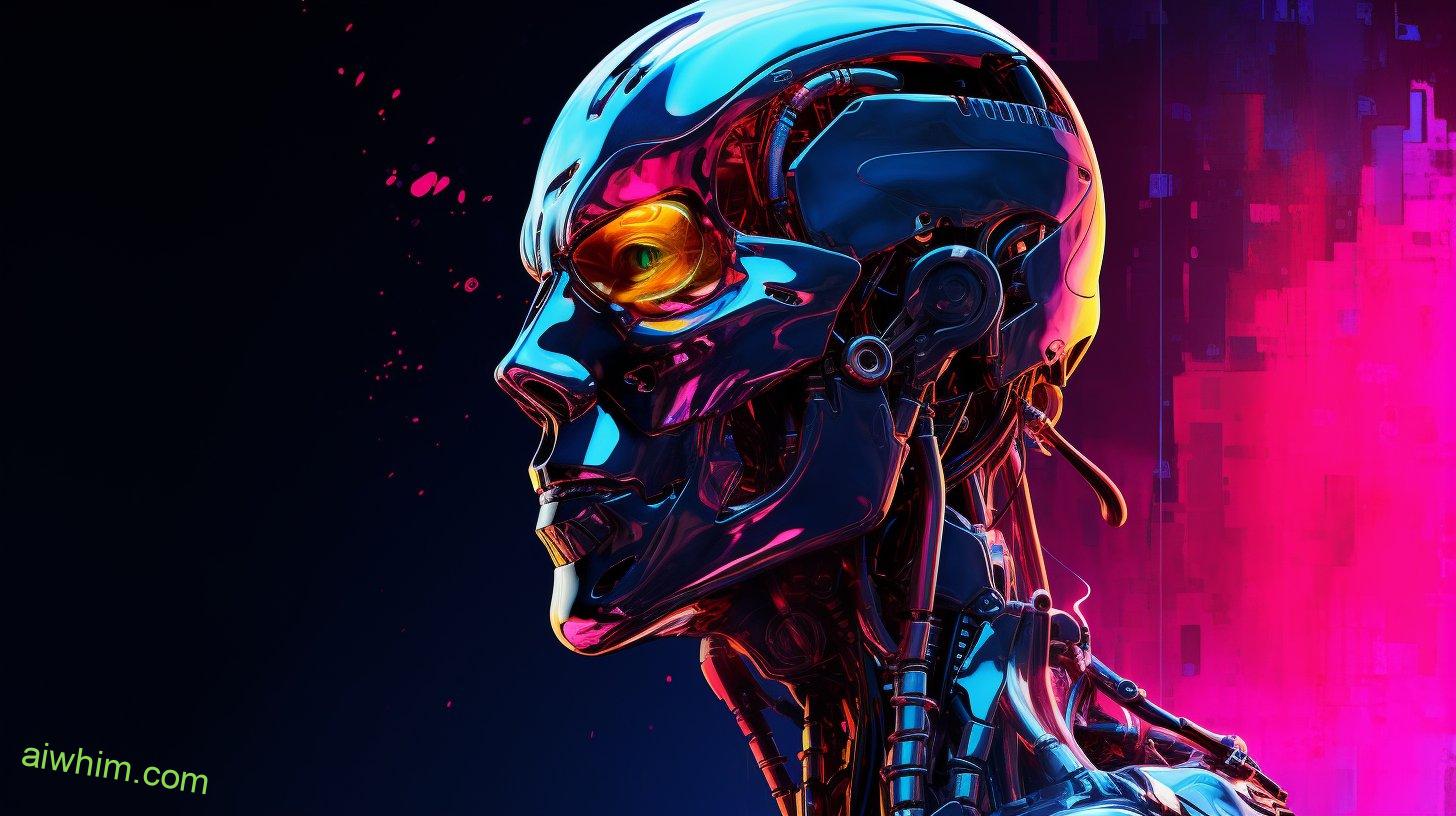
Enhancing Bioinformatics Workflows With AI Techniques
You can enhance your bioinformatics workflows by incorporating AI techniques that streamline data analysis and accelerate scientific discoveries. By leveraging the power of artificial intelligence, you’ve the opportunity to improve accuracy and optimize efficiency in your research.
One way AI can improve accuracy is through its ability to handle large-scale data analysis. With the ever-increasing volume of biological data, it can be challenging for bioinformatics scientists to manually analyze and interpret this information. AI techniques, such as machine learning algorithms, can help automate this process by identifying patterns and extracting meaningful insights from complex datasets. This not only saves time but also reduces the risk of human error, ensuring that your analysis is more accurate and reliable.
In addition to improving accuracy, AI can also optimize efficiency in bioinformatics workflows. Traditional methods of data analysis often involve manual tasks that are time-consuming and prone to human error. By incorporating AI techniques, you can automate repetitive tasks, such as data preprocessing and quality control, allowing you to focus on more complex and intellectually stimulating aspects of your research. This not only speeds up the analysis process but also frees up your time to explore new ideas and make important scientific discoveries.
Furthermore, AI techniques can assist in data integration, a critical step in bioinformatics research. By combining data from multiple sources, you can gain a more comprehensive understanding of biological systems. AI algorithms can help identify relationships and correlations between different datasets, providing insights that may have otherwise been overlooked. This holistic approach to data analysis can lead to breakthroughs in understanding complex biological processes and ultimately accelerate scientific discoveries.
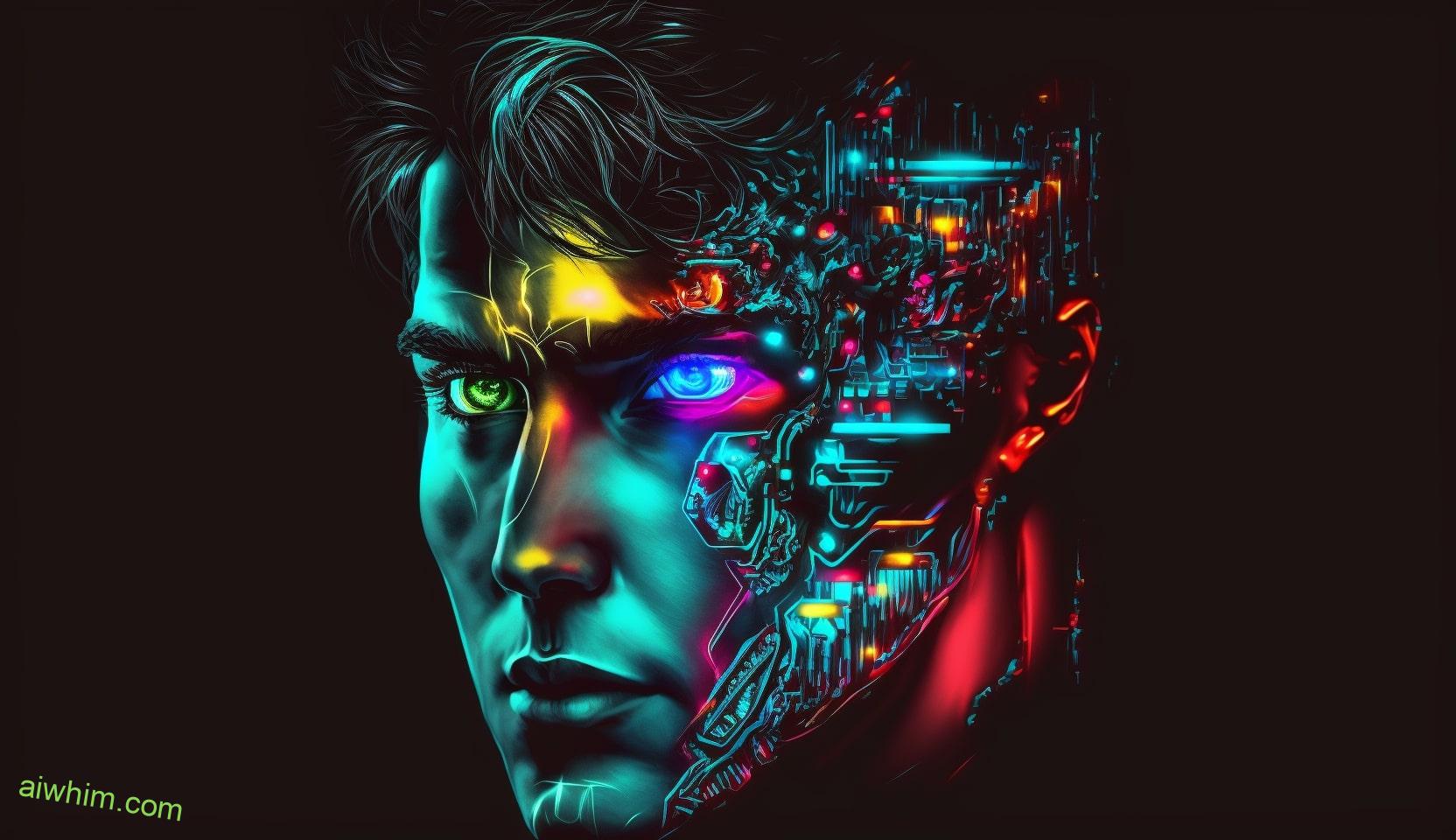
The Future of Bioinformatics in an AI-dominated World
In an AI-dominated world, staying updated with the latest advancements and incorporating them into your bioinformatics research is crucial for staying at the forefront of scientific discovery. The impact of automation in bioinformatics is undeniable, and integrating machine learning in bioinformatics workflows can revolutionize the way you analyze data and make new discoveries.
Here are three reasons why embracing these advancements is essential for your freedom and success:
- Accelerated Data Analysis: By integrating machine learning algorithms into your bioinformatics workflows, you can automate repetitive tasks and analyze vast amounts of data more efficiently. This not only saves you time but also allows you to focus on more complex and creative aspects of your research. With automation, you can explore new avenues of inquiry and unlock insights that would be impossible to uncover manually.
- Improved Accuracy and Precision: Machine learning algorithms have the ability to learn from large datasets and make accurate predictions. By incorporating these algorithms into your bioinformatics workflows, you can enhance the accuracy and precision of your analyses. This ensures that your findings are reliable and reproducible, giving you the confidence to make informed decisions and contribute to scientific advancements.
- Enhanced Collaboration: Automation and machine learning can facilitate collaboration among bioinformatics scientists. With automated workflows, you can easily share and reproduce your analyses, allowing for greater transparency and collaboration within the scientific community. This fosters the exchange of ideas, promotes interdisciplinary research, and accelerates scientific progress.
In an AI-dominated world, integrating machine learning in bioinformatics workflows isn’t just about keeping up with the competition; it’s about embracing the freedom to explore and make groundbreaking discoveries. By leveraging the power of automation and machine learning, you can elevate your research, contribute to scientific advancements, and shape the future of bioinformatics. Embrace these advancements and empower yourself to make a lasting impact in the field.
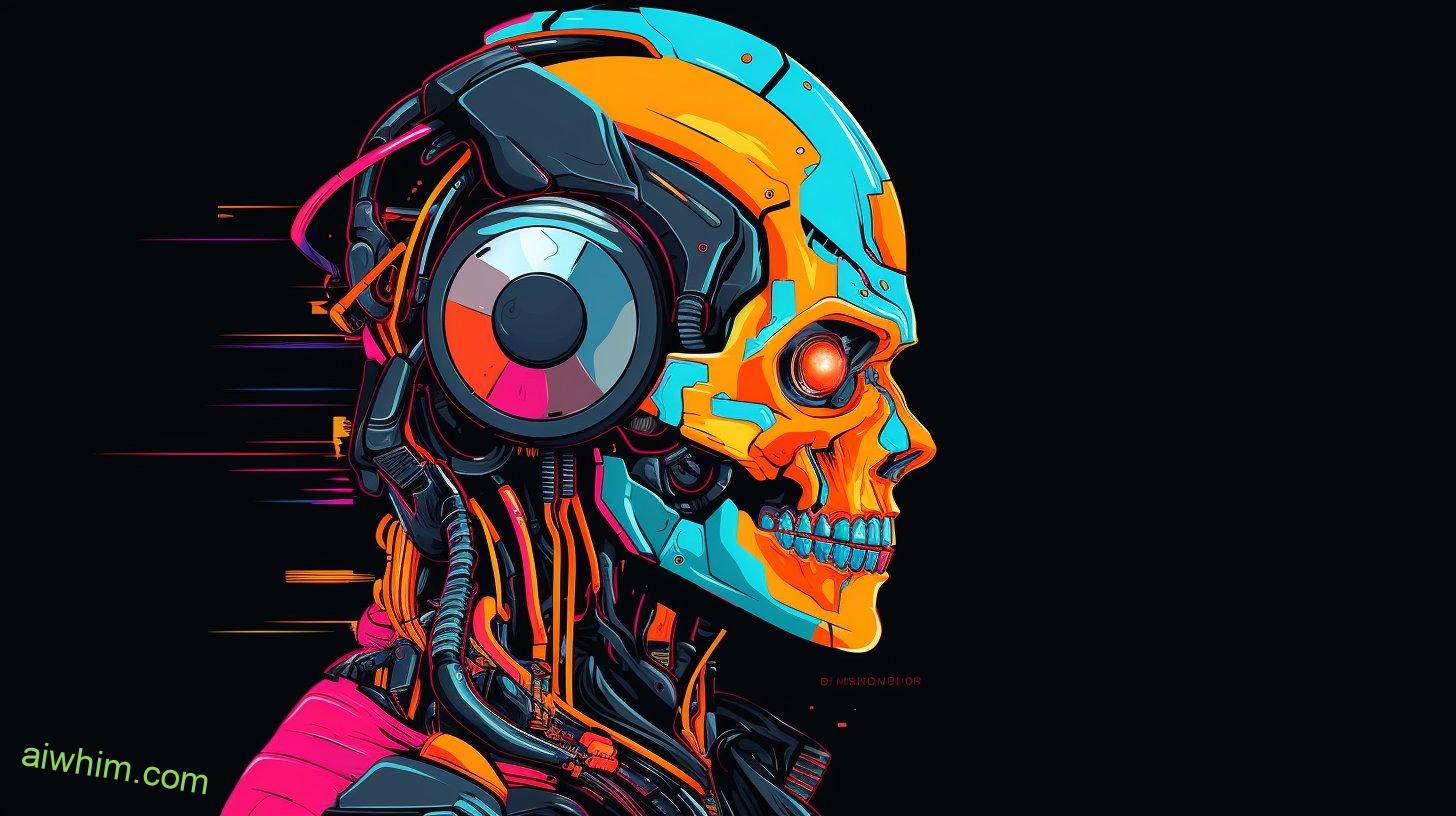
Frequently Asked Questions
What Are the Ethical Considerations in AI-Driven Bioinformatics?
In AI-driven bioinformatics, ethical considerations arise regarding privacy concerns, bias, and fairness. You must address these concerns to ensure the freedom of individuals and uphold ethical standards in your work.
How Can Bioinformatics Scientists Collaborate With AI Experts?
Want to boost your research? Partner with AI experts! Collaborate to unlock endless possibilities and tackle complex problems. Embrace interdisciplinary research and seize the abundant collaboration opportunities that await you. Let innovation flourish!
What Are the Potential Applications of AI in Bioinformatics?
AI in drug discovery and genomics analysis can revolutionize bioinformatics. By leveraging AI algorithms and big data, you can accelerate research, identify new drug targets, and gain deeper insights into the genetic basis of diseases.
How Is AI Transforming Bioinformatics Research?
AI is revolutionizing bioinformatics research, transforming the way scientists analyze data and make discoveries. With its rapid advancements, AI is like a powerful ally, augmenting your capabilities and opening up new possibilities in your research journey.
What Are the Challenges Faced by Bioinformatics Scientists in the AI Era?
In the AI era, challenges for bioinformatics scientists include data integration and keeping up with machine learning algorithms. You’ll need to adapt and embrace new technologies to stay competitive.

Conclusion
In the age of AI, bioinformatics scientists face fierce competition as they navigate advancements and transformations in their field. Challenges and ethical considerations arise, but opportunities for collaboration between bioinformatics and AI experts offer hope.
Enhancing workflows with AI techniques is key to surviving and thriving in an AI-dominated world. The future of bioinformatics lies in embracing the power of AI, where collaboration and innovation will shape the landscape, leaving behind those who can’t adapt.



